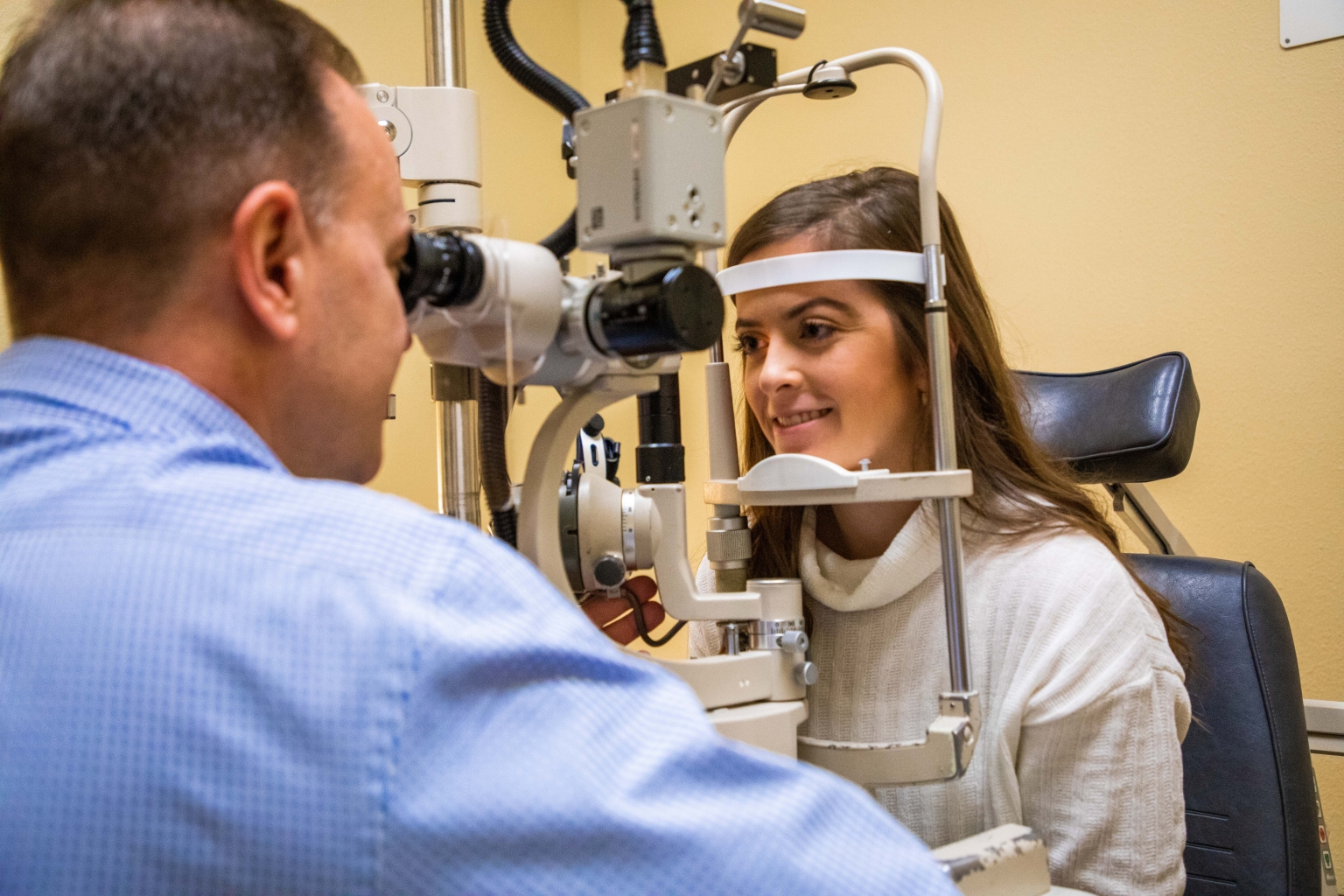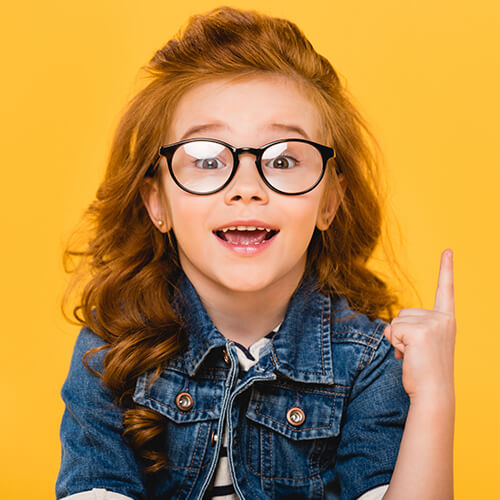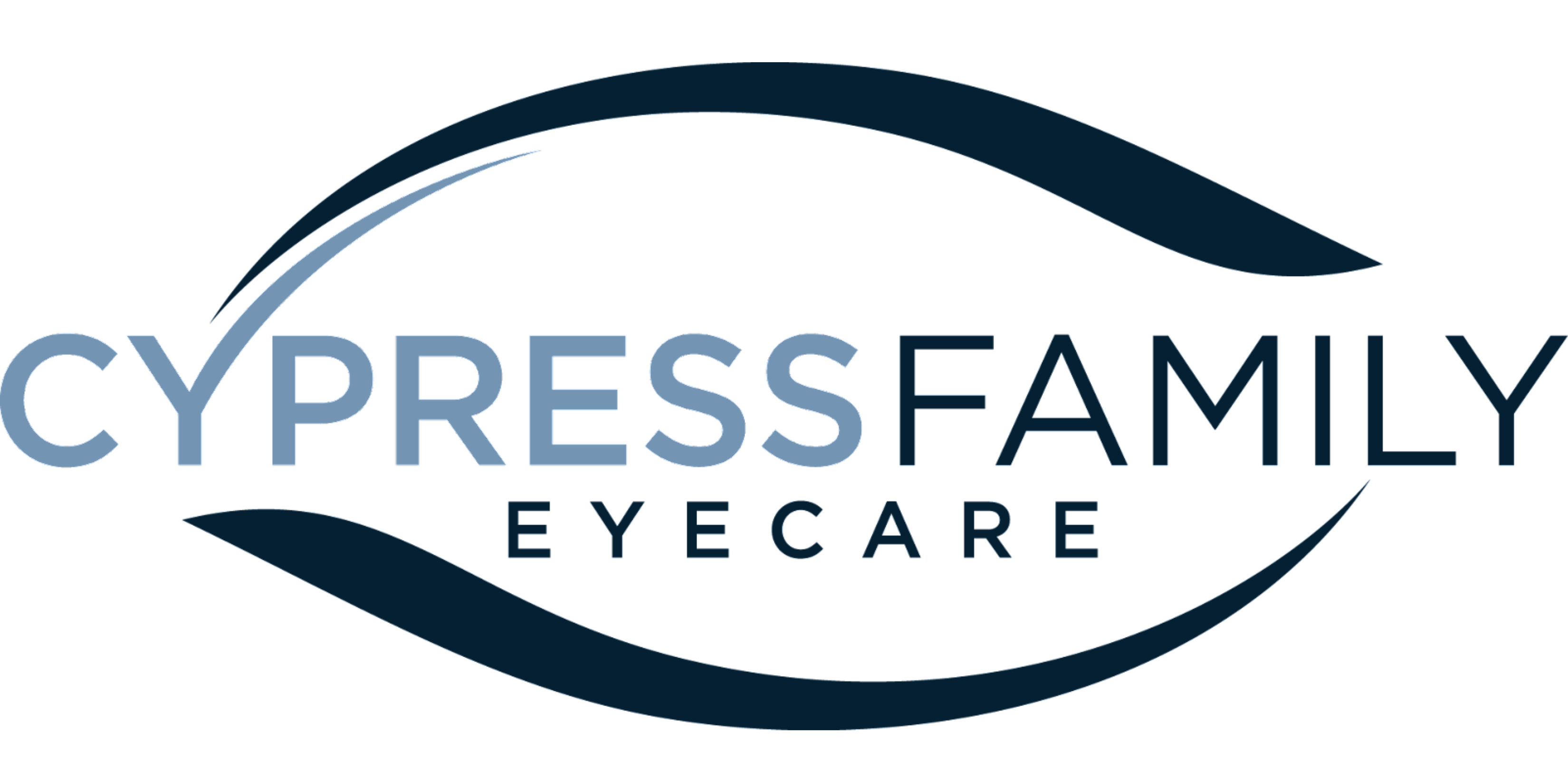ADULT & CHILDREN EYE EXAMS

At Cypress Family Eyecare, we treat you like family with a comprehensive eye exam for children and adults that includes a vision assessment for glasses and/or contact lenses. Our office has the most updated technology available, and we are proud to offer you the service that you deserve!
In addition to our optical services, Dr. Oevermann also specializes in the detection and treatment of many medical eye concerns, including, but not limited to the following: binocular disorders, glaucoma, cataracts, diabetes, macular degeneration, dry eyes and other related diseases.
Our Exams Include:
Adult Eye Exams
At Cypress Family Eyecare, our number one priority is to ensure that our patients receive superior eye care. An exam may also include tests for color vision and depth perception, visual fields, and other vision skills, as needed. We also perform Refraction which is a test for the eyes’ ability to focus light rays properly on the retina at near and far distances.
Our adult examination includes the following evaluations:
Assessment of the patient’s reason for getting an eye exam
Complete health history to screen for physical conditions and medications that may affect eyesight
Complete eye health history including family history of eye conditions, disease, or medication
Examination for the signs of eye disorders, including cataracts and other eye disorders
Evaluation of current lens prescription, if applicable
Check for external eye muscle balance and coordination
Test for the eyes’ ability to see sharply and clearly at all distances
Test of the eyes’ ability to change focus from distance to near
Test to measure internal fluid pressure of the eye (increased pressure may be an early sign of glaucoma)

Children's Eye Exams
Children should receive their first eye exam at the age of six months, then again when the child turns three. Subsequent exams should be given before the child starts school, then every two years after that. Based on family history or other indicators, your eye care professional may recommend a more frequent exam schedule.
Many eye disorders, including hyperopia (farsightedness), myopia (nearsightedness), and amblyopia (lazy eye) can occur in early childhood, and may affect your child’s ability to learn. A comprehensive eye exam can detect these and other disorders.
In between eye exams, you can take an active role in monitoring your child’s vision. For instance, regularly ask your child to describe the way he or she sees objects up close or at a distance (across a room or street). The child may not realize if his or her vision is not clear and sharp.

